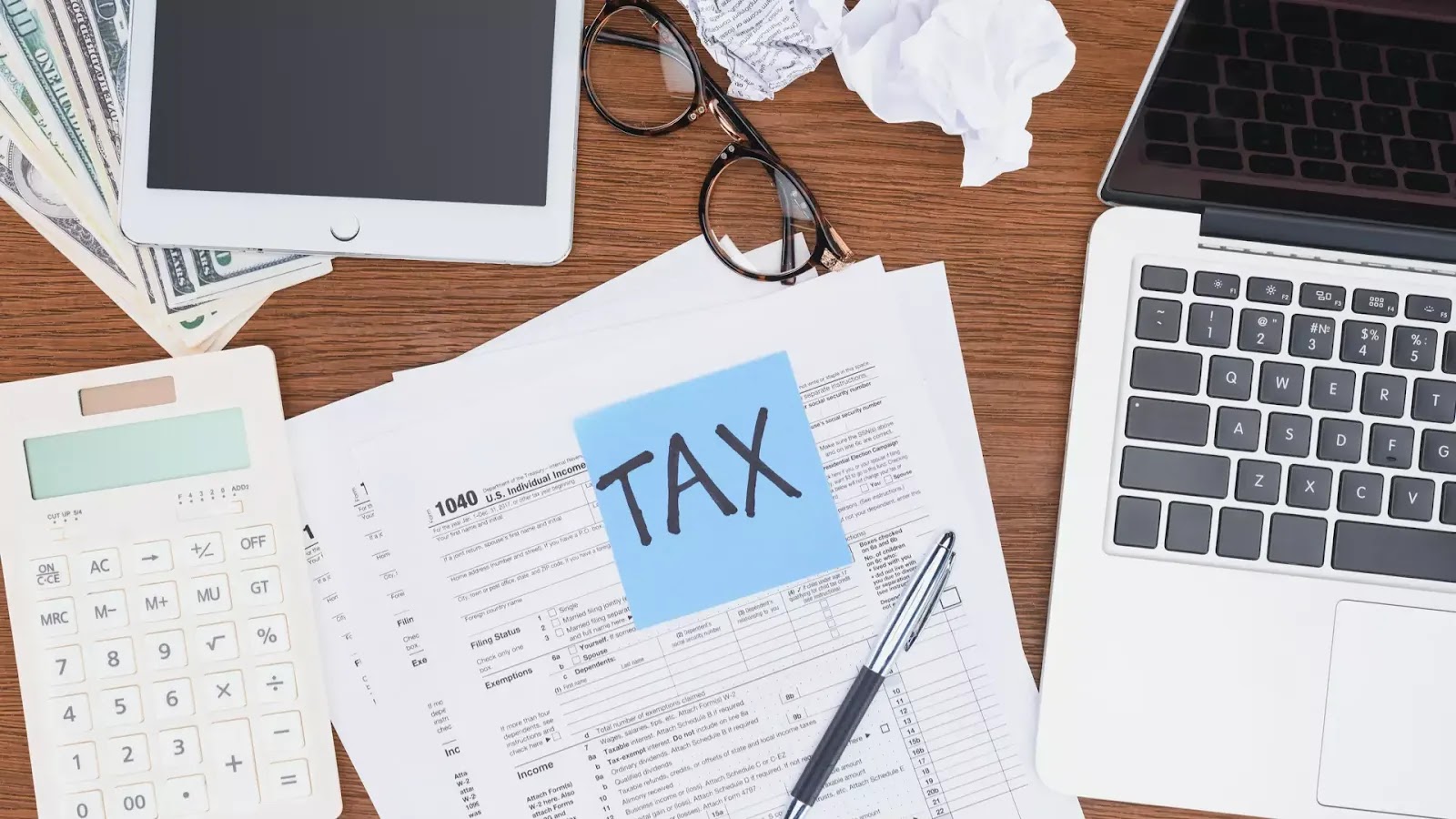What is Council Tax?
Council tax is a system of local taxation to provide services in England and Wales. It was introduced in 1993 to replace domestic rates which had been introduced by the Local Government Finance Act 1982.
The council tax consists of five different bands, each with a different charge for that band. Band A is usually the cheapest and Band H is usually the most expensive. The amount each band pays will be set by your local authority and can vary from less than £200 to over £3,000 per year, depending on where you live.
Council tax is charged yearly in 10 or 12 monthly instalments throughout the year. Council tax charges are made by household rather than per person.
The tax you pay goes towards things like rubbish collections, street cleaning, local schools etc. In Scotland, your council tax also covers water and sewage.
If you live in Northern Ireland, you don't have to worry about paying council tax. The council tax system was introduced in the 1990s, but as the country has yet to adopt it, this means residents of Northern Ireland currently do not pay any council tax. You will instead have domestic rates.
Unfortunately, for students in Northern Ireland, you usually are not exempt from domestic rates.
What is a Student Council Tax Exemption?
A student council tax exemption is a relief from Council Tax for students who are in full-time undergraduate education and live away from home.
A person who qualifies for a student council tax exemption is given an exemption certificate which can be used to apply for a discount on their council tax bill. To qualify, the student must:
- Be aged 18 or over
- Be studying full time at a recognised institution and have been assessed as living away from home
- Be under the age of 60
- Have been assessed as living away from their parents or guardians
Who Can Get Student Council Tax Exemption?
If your home is occupied by students only your house usually qualifies for a full exemption on council tax.
Part-time students will usually need to pay but may be eligible for a reduction in their bills. This is determined by several factors - read more below to find out about this and what else it might apply to.
If you're also still studying more than 20 hours a week, there may be an exemption available to you. Speak with your local council to find out the specifics.
If you're in a shared house with both full-time students and non-students, you will get a council tax bill each month. However, only the non-student tenants will have to pay it, full-time students are still exempt.
Do Postgrads Pay Council Tax?
As an undergraduate, you won't pay council tax during the summer periods between annual academic years.
However, there's a change in this rule at the end of your final year, even if you are continuing with your studies.
You will have to pay for the few summer months between the end of your undergraduate course and the start of your postgraduate course.
This is because there's usually a gap between finishing your undergraduate course and starting your postgrad - during which time you won't technically be a student.
If your parents are willing to have you move back home for the summer, it can be a good way of getting around paying council tax. Provided you let your local council know that you're going back to uni as soon as it ends, they won't issue an invoice.
How Do I Apply for a Student Council Tax Exemption?
To be considered for this incentive, you must:
- Be studying full-time in the UK for at least one academic year
- Need to be on a course of study that is at least 18 hours per week on average
- Be dependent on a parent who lives in the same home as you do (or someone who has parental responsibility)
You will need to get a council tax exemption letter from your university
This can usually be done online through your university portal.
Some councils use an online portal for student exemptions. If you log in, you can fill out a form to register your exemption. If not, call up the council and they'll do it over the phone while you talk to them.
Some universities have online systems which you can log into yourself, which will automatically generate a letter and send it to the council.
If you're unsure who your local council is, the government has created this useful website.
What to do if you're wrongly charged council tax in the UK
Council tax is a compulsory tax for residents in the United Kingdom. Residents are liable to pay their council tax and there are ways to appeal against it if you believe that you have been wrongly charged.
You may think that the council has wrongly charged you if your property is not your main residence, if it has changed ownership or when changes have occurred to its occupancy.
You might also be able to appeal the charge if there has been a change of circumstances - e.g. where a couple split up and live in different residences, one being their home or when someone moves from one property to another for work purposes.
If any of these situations apply then you need to apply for an exemption from council tax which will either be granted, partially granted or refused depending on the circumstances of your case.
If you have wrongly been sent a council tax bill, you will need to write to your local authority to explain why it's incorrect.
At this stage, most councils will grant you a student discount providing you supply evidence(like a student exemption certificate).
Should you pay council tax before you've moved in?
There are various reports of students across the UK being charged council tax for the period between their tenancy starting and the date they actually move in.
Despite being called out, some councils are refusing to listen and continue to believe there's nothing wrong with their policy. However, most shouldn’t have a problem.
Local authorities may argue that students do not have an exemption from council tax because the property is technically unoccupied until they have unpacked and physically moved in.
The council is wrong in this instance. As long as you meet the criteria outlined at the beginning of this article, your council tax exemption goes into effect immediately.
If you receive a council tax bill based on these grounds, please contact the local authority to appeal it as soon as you can. You shouldn't be paying anything.
This article should answer all your council-tax questions but if you’re still in need of help please contact your local council directly!
Have you had any issues with council tax? Let us know in the comments below!







Share Your Thoughts. Join The Conversation Below!